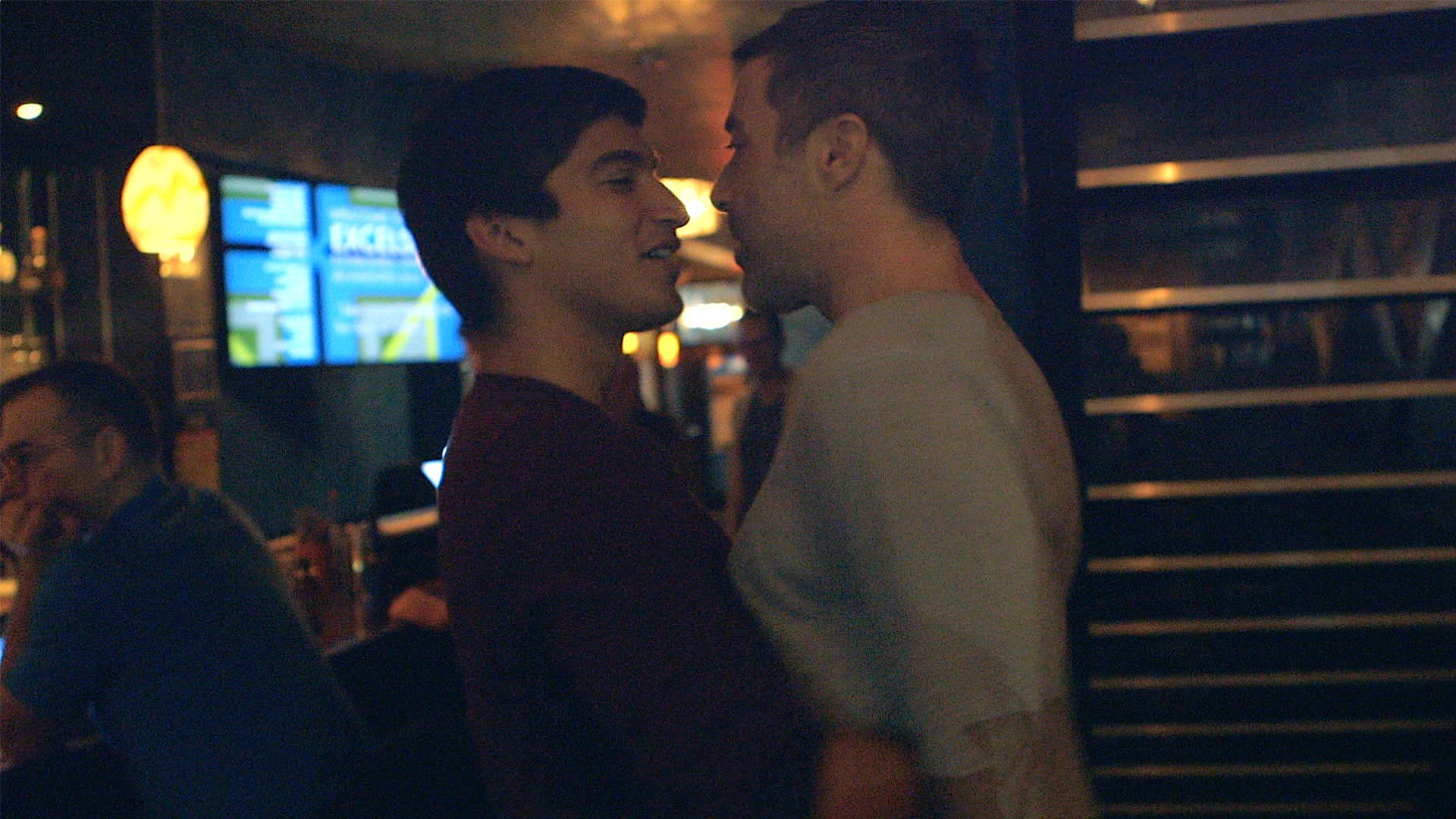Veronica Grech/Getty Images
Love at first sight is a common theme in Western film and literature, from the classical (Romeo and Juliet) to the contemporary (Twilight). Beyond these fictional accounts, many men and women claim to have experienced something similar in the real world. For example, David Beckham, Matt Damon, Jessica Alba, Gisele Bundchen, George Clooney, and Prince Harry are just a few of the many celebrities who say this has happened to them.Interestingly, despite the immense popularity of this idea of love at first sight, it has received next to no scientific attention. So is it really a thing? Can you truly fall in love with someone instantaneously? A new set of studies published in the journal Personal Relationships tested this idea and reached the surprising conclusion that “love at first sight” is an experience that doesn’t bear much resemblance to love.A team of researchers in the Netherlands conducted three tests of love at first sight, which involved an online survey, a lab-based study, and a series of speed-dating events.In the online survey, 282 adults (most of whom were Dutch or German college students) were asked questions about their current relationship, if they had one. They were also shown photos of six strangers and asked to imagine meeting each one in person. They then reported the degree of love and attraction they felt for each individual. In the lab study, 50 Dutch students went through a procedure almost identical to the online survey, although they were shown a larger set of photos. Lastly, researchers attended three speed-dating events in Germany and the Netherlands where they surveyed 65 people about their feelings of love and attraction following each date.Of those participants in the online and lab studies who were currently in relationships, 33 percent said they fell in love with their partner at first sight. Far fewer felt love at first sight for one of the strangers they saw in a photo or met on a speed date. In fact, just 8 percent of all participants had one or more of these “love at first sight” experiences during the course of the study. On a side note, not a single person who felt love at first sight on a speed date had the feeling reciprocated. In other words, it wasn’t mutual when it happened; it was one-way.People who were physically attracted to another person were especially likely to report feeling love at first sight. In fact, for every one-unit increase on the attractiveness scale, the odds of reporting love at first sight increased about nine times—a whopping effect.Although love at first sight was linked to strong feelings of attraction, it wasn’t linked to strong feelings of love itself. The primary love measure used was based on the Triangular Theory, which specifies that there are three components to love: intimacy, passion, and commitment. In addition, researchers measured something called eros, a style of love characterized by high passion, which is captured by items such as “I feel that the other person and I were meant for each other.”
More from Tonic:
On average, those who reported love at first sight scored near the midpoint on all of the love scales, which suggests that rather than having strong feelings love, most of these folks felt indifference. By contrast, when people completed the same love questionnaires about their current romantic partners, they didn’t report indifference—instead, they tended to report strong feelings of love across the board.All in all, what we’re seeing here is that reports of love at first sight don’t look that much like actual love. In the words of the study’s authors, love at first sight “resembles neither passionate love nor love more generally.” It’s more akin to lust than anything, given that these feelings seem to be primarily about physical attraction.One other finding worth mentioning is that people who were currently in a relationship in which they said they fell in love at first sight reported the highest levels of love for their partners. However, the researchers argue that this might just be a function of the fact that people tend to “project their current feelings into the past” and that “experiencing love increases memory bias.” In other words, those who report love at first sight might be motivated to remember their relationships in more romanticized ways.Of course, this research has its limitations, including that fact that participants were primarily young college students from Europe and most of the data were obtained through surveys. An imaginary interaction with someone from a photo obviously isn’t quite the same as meeting in person (like people did in the speed dates). As such, more research would be useful, especially research that emphasizes real world interactions.That said, these findings don’t bode well for the diehard romantics among us. Truth be told, the concept of “love at first sight” is probably a misnomer. Real love doesn’t seem to develop all that quickly, but lust does.Justin Lehmiller is the director of the social psychology program at Ball State University, a faculty affiliate of The Kinsey Institute, and author of the blog Sex and Psychology. Follow him on Twitter @JustinLehmiller.Read This Next: Addiction Is Like an Ill-Advised Love Affair
Advertisement
Advertisement
More from Tonic:

On average, those who reported love at first sight scored near the midpoint on all of the love scales, which suggests that rather than having strong feelings love, most of these folks felt indifference. By contrast, when people completed the same love questionnaires about their current romantic partners, they didn’t report indifference—instead, they tended to report strong feelings of love across the board.All in all, what we’re seeing here is that reports of love at first sight don’t look that much like actual love. In the words of the study’s authors, love at first sight “resembles neither passionate love nor love more generally.” It’s more akin to lust than anything, given that these feelings seem to be primarily about physical attraction.
Advertisement
